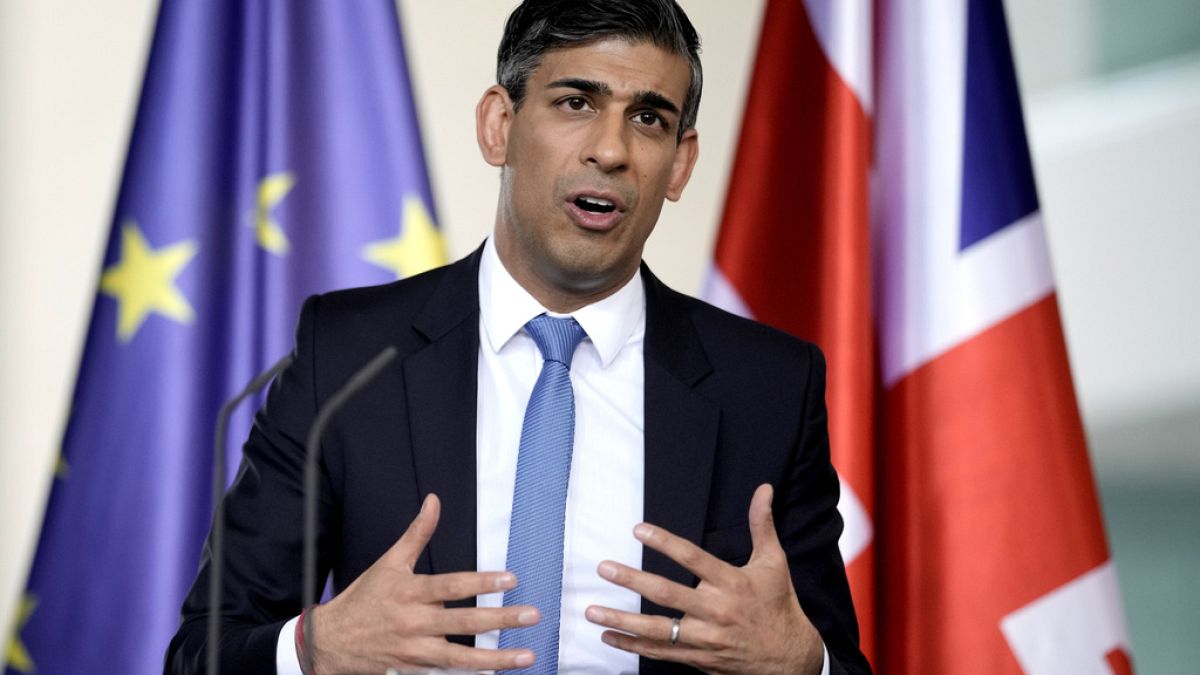Both countries complain that they are effectively being asked to solve each other’s immigration problems.
British and Irish ministers are trying to ease tensions between their governments as London refuses to accept the return of asylum seekers arriving in Ireland – many of whom are apparently fleeing Britain for fear of deportation to Rwanda.
The British government recently passed a highly controversial law under which asylum seekers and others arriving in the UK by illicit means, such as small boats crossing the English channel, will be deported to Rwanda to have their cases processed.
Today, Irish officials are expected to discuss emergency legislation for a new policy to “return” the migrants to the UK.
Ireland’s Justice Minister Helen McEntee asserted last week that the number of asylum seekers crossing from Northern Ireland into Ireland was now “higher than 80%.” She did not provide exact figures.
Irish premier Simon Harris said on Sunday that Ireland will not “provide a loophole for anybody else’s migration challenges” after one of his ministers said more than 80% of asylum seekers entering Ireland now come across the land border with Northern Ireland, which is part of the UK.
Sunak, however, has dismissed the proposal out of hand.
“We’re not going to accept returns from the EU via Ireland when the EU doesn’t accept returns back to France, where illegal migrants are coming from,” he said on Monday.
Sunak claims that the increase in migrants crossing into Ireland from the UK shows that the intended deterrent effect of the Rwanda policy, which domestic opponents, international critics and human rights organisations have decried as inhumane and potentially illegal.
Chris Heaton-Harris, the UK’s Northern Ireland secretary, and Irish Deputy Prime Minister Micheal Martin sought to play down any rift over the migrant issue at a news conference on Monday.
The countries are jointly committed to “protect the common travel area from abuse,” Heaton-Harris said.
The Irish government’s proposed legislation to return asylum seekers to the UK is a response to an Irish High Court ruling last week which found that Ireland’s designation of the UK as a “safe third country” for asylum seekers is contrary to EU law.
Ireland’s politics of immigration have grown more acrimonious in recent years, with an influx of refugees from Ukraine and elsewhere adding urgency to a nationwide housing crisis.
Far-right groups have exploited the incomers to galvanise a small but vocal movement opposing the accommodation of foreigners, particularly Muslims and Africans. A stabbing committed by a man of Algerian descent last year caused a riot in Dublin, shocking a country not used to displays of racist violence.
Read the full article here











